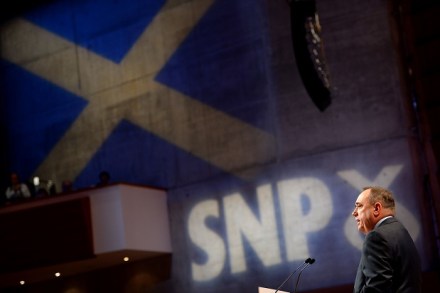The men who demolished Victorian Britain
More from BooksAnyone with a passing interest in old British buildings must get angry at the horrors inflicted on our town centres over the last half-century or so. Gavin Stamp is wonderfully, amusingly, movingly angry. And he has been ever since the early 1960s when, as a boy at Dulwich College, he saw workmen hack off the





























